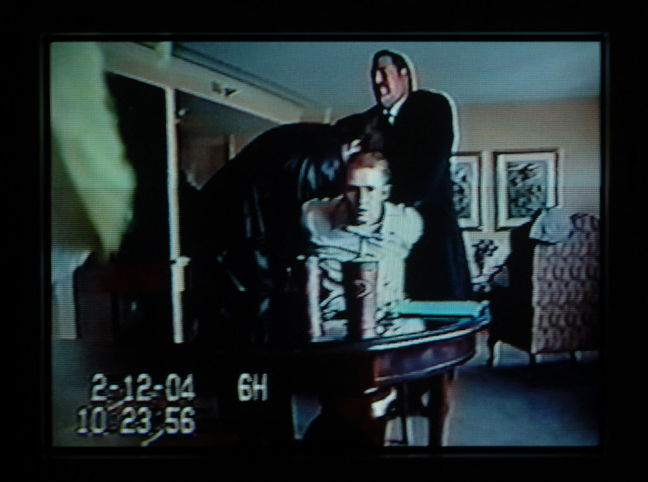Canada News
Parole board says panel gave Manitoba killer unfair hearing; should get new one

Michael Bridges, seen in a police video, is serving a life sentence for killing Erin Chorney. Photo courtesy of BRANDON SUN FILES / Winnipeg Free Press.
WINNIPEG—The National Parole Board has found its members did not provide a fair hearing to a Manitoba killer seeking leave from prison on compassionate grounds.
Michael Bridges appeared before a two-person federal panel in June, asking for escorted absences to visit a dying family member in hospital.
He isn’t eligible to apply for parole until the year 2029 and his bid was denied.
Documents obtained by the Winnipeg Free Press show the parole board has now struck down that decision and ruled Bridges should be given a second chance.
The board says the panel made errors in law, failed to provide sufficient reasons for their denial, conducted an inadequate risk assessment of Bridges and “did not meet its duty to act fairly.”
No date for the new hearing has been set.
“Two other board members, who did not take part in the decision…will review your case and reach their own conclusions in conformity with the law, board policy and the principles of fundamental justice,” the decision reads.
Bridges, 33, says a loved one is terminally ill and he wants to spend time with the person in hospital. Specific reference to the identity of the male relative is blacked out in parole documents.
His request was denied for several reasons, including the brutal nature of his crime and the views of the family of his victim, Erin Chorney. An impact statement written earlier this year was presented at the hearing.
Bridges and Chorney, 18, had been involved in a stormy relationship which ended shortly before he killed her in Brandon in 2002. The case would remain unsolved until 2004.
During “Mr. Big” RCMP operation, Bridges calmly explained how he choked Chorney unconscious, then cut the cord off his mother’s hair dryer and used it to strangle Chorney. When she didn’t die, he submerged her head in his bathtub for nearly 20 minutes.
Bridges then carried her body to a nearby cemetery, dug up a freshly covered grave and placed her inside.
Bridges was convicted in 2005 of first-degree murder and lost a subsequent appeal. He tried to claim he was innocent and a victim of police entrapment, despite having specific knowledge of the crime only the killer would have known.
Parole documents show he has completed numerous family violence and anger management programs while behind bars, upgraded his education and is now deemed a low-enough risk that he was moved to a minimum-security penitentiary earlier this year.
Bridges has also expressed interest in taking part in a future restorative justice process with Chorney’s family “so that they can get what they need from me.”
The family has said they don’t want to speak with him.
As part of his request for escorted leaves, Bridges put forward a detailed proposal on how they would work.
He said he would travel from prison to hospital in a Correctional Services of Canada vehicle with at least one armed escort. He would also be allowed to stop for a meal at a restaurant during the trip, which was estimated to last at least nine hours total on each occasion.





















